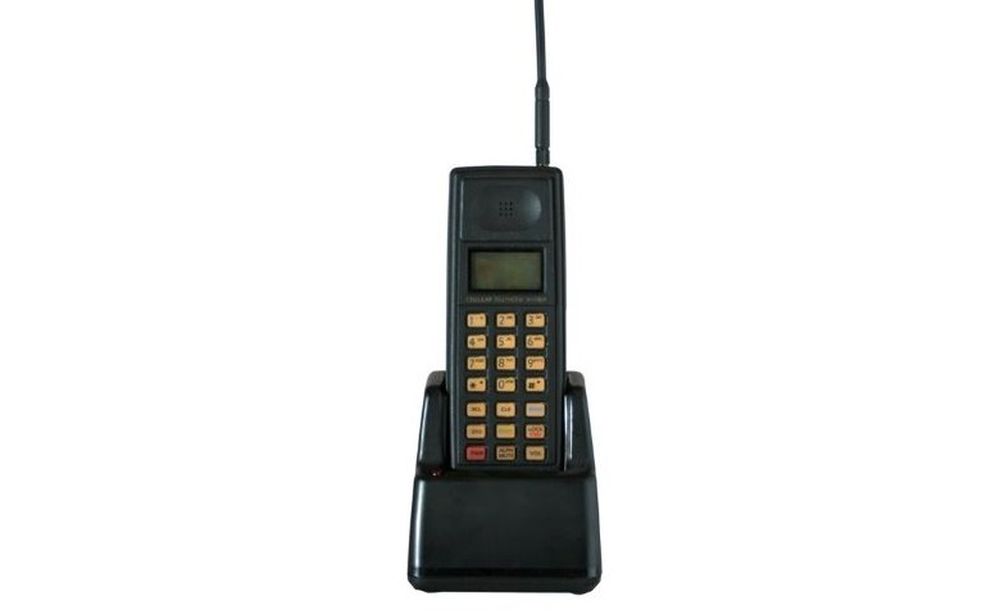Samsung is one of the biggest and most respected tech conglomerates in the world. It operates across a wide variety of areas, and it's leading various tech sectors while competing side-by-side with the industries' strongest rivals. But it wasn't always like this. As a company, Samsung has one of the richest legacies, and although it is now largely know for its semiconductor expertise, home appliances, home electronics, and mobile products, its beginnings are rather humble.
Some of you might be under the impression that Samsung was founded in the '70s or '80s with the rise of electronics, but in reality, the company is almost a century old. It all began 83 years ago in 1938 when Lee Byung-chul founded Samsung as a relatively small trading company with a few dozen employees.
But Lee Byung-chul's vision was much more ambitious. He wanted for Samsung to become the leading company across various industries, and Samsung quickly became a household name in areas of retail, insurance, and security. This is how Samsung C&T Corporation came to be.
Samsung Group enters the electronics business and forms several branches
While Samsung was founded all the way back in 1938, it wasn't until the late 1960s when Samsung Group began operating in the electronics market space. This was also the time when several subsidiaries that we know today were formed, including Samsung Electro-Mechanics, Samsung Semiconductor, and Samsung Corning.
However, it wasn't until 1986 when Samsung joined the emerging mobile market with its first mobile phone called the SC-100. It was a car phone though, and it didn't do very well due to poor quality. In fact, poor quality was a prevalent issue across Samsung's electronics until Lee Kun-hee stepped in. More on that later.
Samsung then spent 2 years researching and developing a new phone using Motorola's phones as a benchmark, and it launched the SH-100 in 1988 (not to be confused with Samsung's SH100 point-and-shoot camera). It didn't sell well.
Samsung didn't really become the company we know today until the late chairman Lee Kun-hee decided to steer it in a new direction, focusing more on quality rather than quantity. In 1993, Lee introduced a new management initiative and gave the mobile division an ultimatum. The mobile branch was tasked with producing mobile phones comparable to Motorola's by 1994, else Samsung would exit the mobile phone business forever.
Thankfully, the mobile division delivered and Samsung began its new legacy founded on a new philosophy of management and design, in no small part thanks to Lee Kun-hee's vision and leadership. Who knows where Samsung would be today if the mobile division hadn't pulled through?!
Today, Samsung is the world's biggest manufacturer of smartphones, smart TVs, and memory chips. It has one of the richest product portfolios across numerous segments, and its ambitions have not waned.
You can learn more about Samsung's history and it's rich mobile device portfolio over the past decade here.








